Streaky Stars
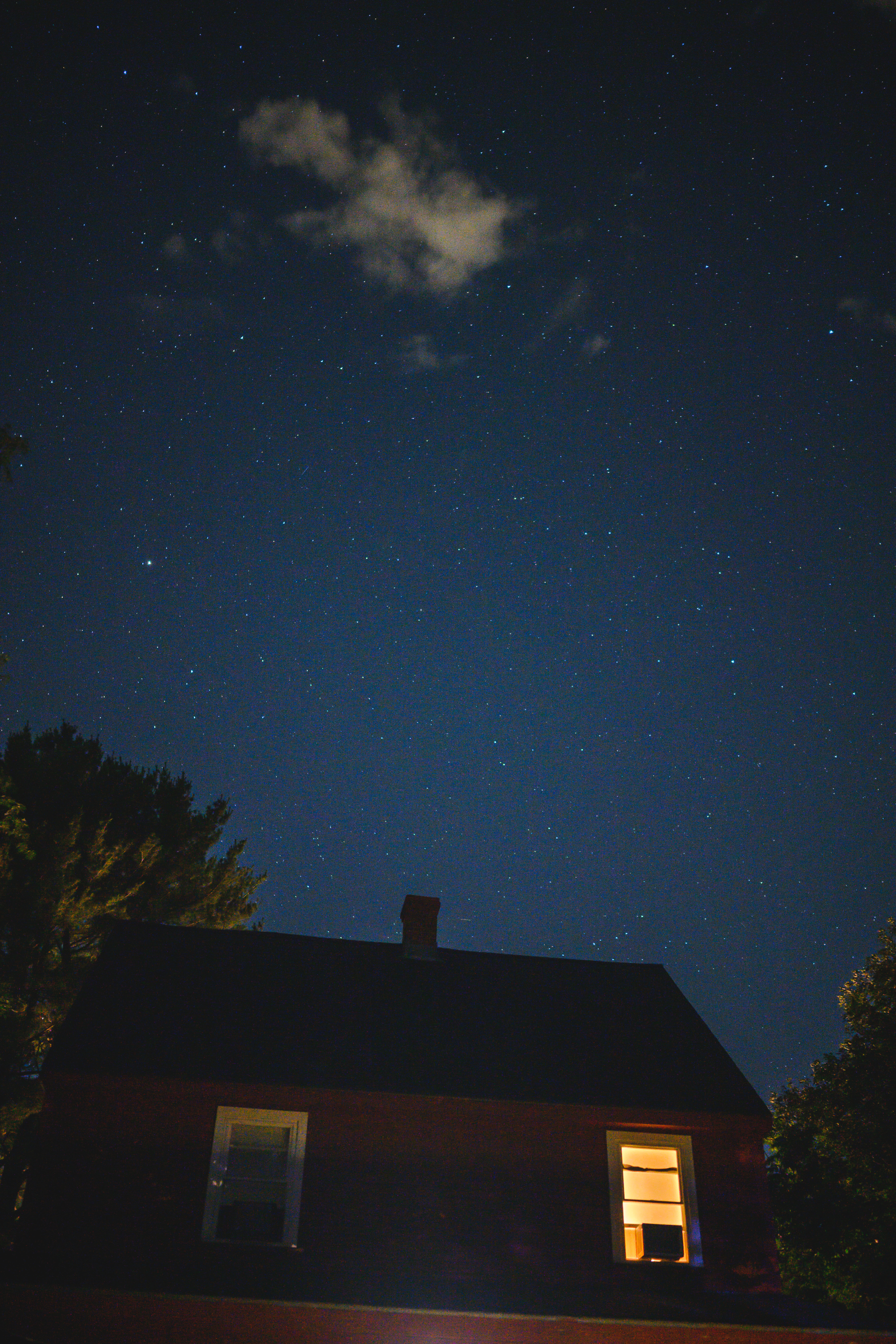
Next week I'll be in Cape Cod for a workshop/retreat/racation run by the very talented Cole Barash, so this week I have been trying to keep things easy. I had two small, non-traditional weddings and a head shot session with a fun client who wanted to keep shooting and get creative after the proper shoot was over. I'll post some of the results at the end. My main goal this week was to find some time to test the Nikon Z9's capabilities with super low-light conditions. The Z9 has some fun tools to assist with nighttime photography like a preview booster (not the official name, I don't want to look up the real name) which lightens your viewfinder's picture in low light situations so you can focus better. In the past you would have to hold a flashlight or your cell phone's light out to illuminate whatever you were trying to set your focus too. Another fun (but kind of silly) feature is the "RED" setting which changes light from your lcd and illuminated buttons to a specific red, like a darkroom's light so that there no light interference if people around you are taking long exposures as well. Nikon seems to think that it's customers have astrophotography parties. I don't think of astrophotographers as being particularly social. They are mostly weird uncles who like to corner me at the weddings I shoot who think I can talk to them about gear for 20 minutes. These tools are cool but one thing that the Z9 has going against it is the high megapixel count, which can make photos more noisy. I don't fully understand the science of it but apparently squeezing that many megapixels onto a full frame sensor can cause more noise, which becomes an issue with low-light/nighttime/astro photography. I can live with noise and I don't really want to be one of those astrophotography uncles. I don't track the stars or anything I just go out at night and shoot stuff and it always looks cool no matter what.
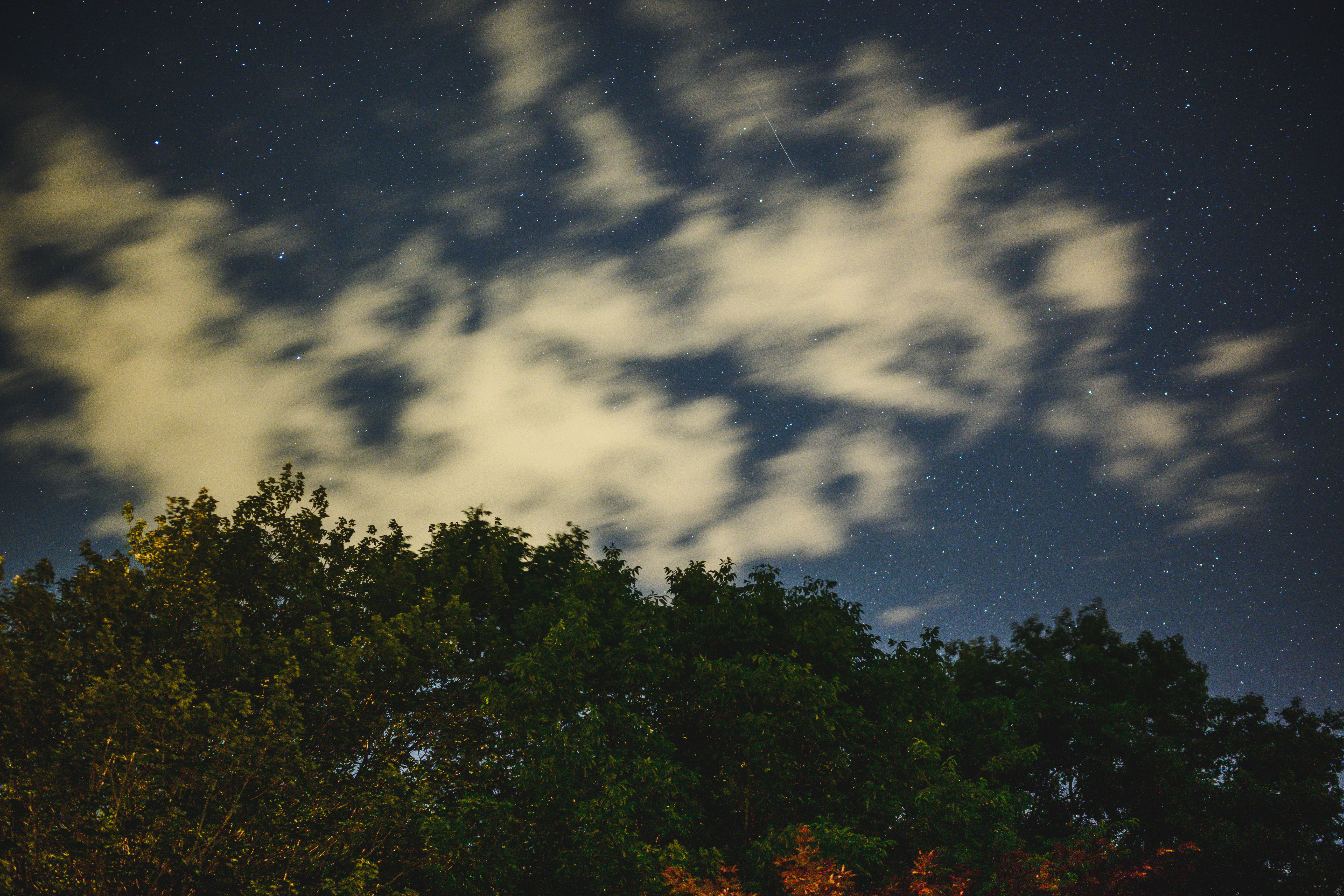
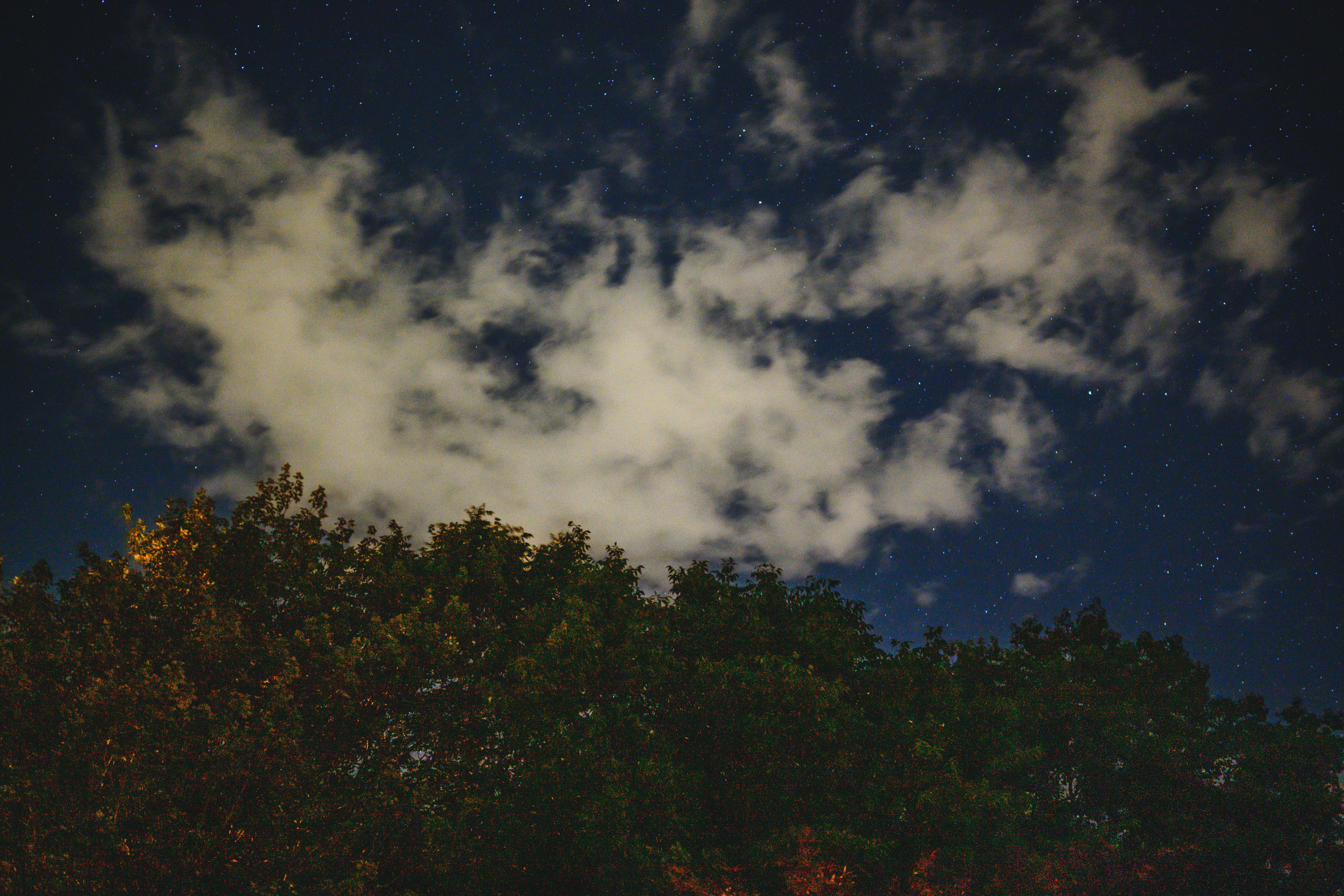
I like shooting at night because the results are always kind of surreal, kind of liminal. I never know exactly what it's going to look like. I almost always get satellites streaking by in my night photos. If you shoot exposures longer than 20 seconds your stars will be blurry because of the earth's rotation. These cool clouds I shot were moving really fast and were streaky at any shutter speed slower than 4 seconds.
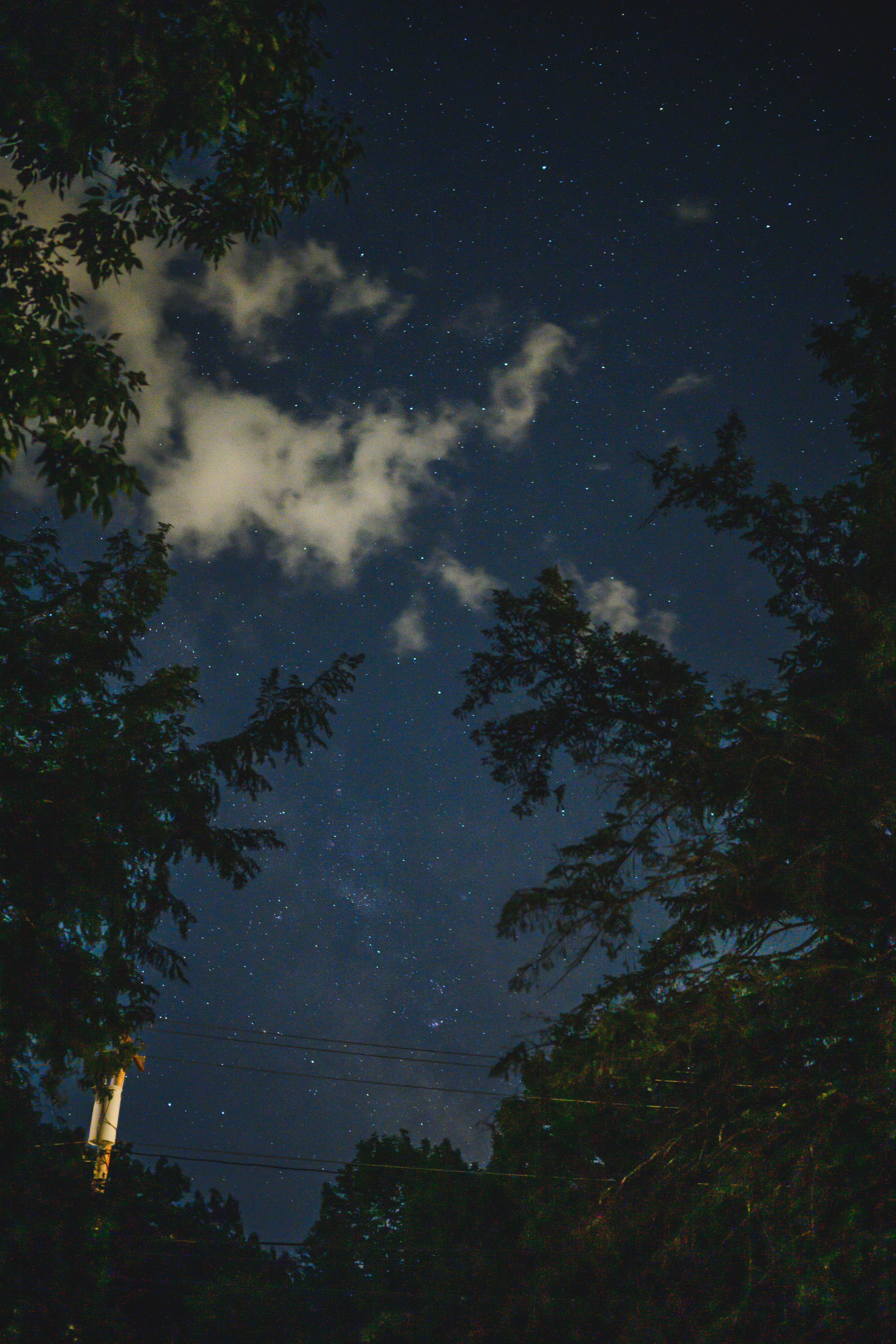
This shot has the slightest little bit of galaxy stuff peaking out. I didn't have the patience to try any harder to get more, especially because this shot is right above the road and cars kept going by, which obviously made it hard to do anything precise. At that point I just tried to have fun and get some cool experimental shots. Worked out fine. I recommend trying your own night photography. You just need to have a camera and a tripod. Open your aperture as wide as it goes, set your ISO pretty high, 800 is a good starting point, and try your first exposure at say, 10 seconds and see what happens.
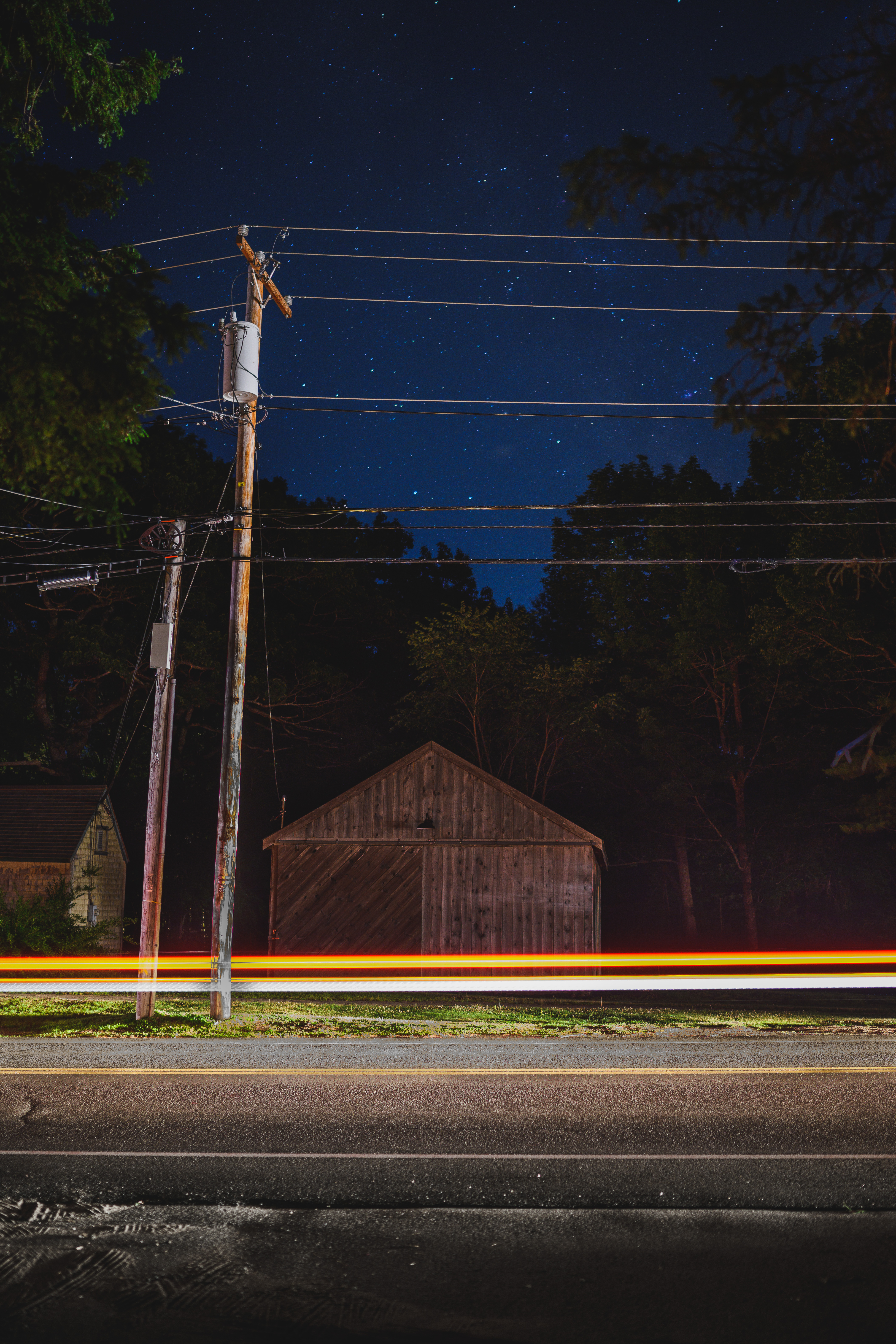
I could make these look 100% better if I wanted to by compositing different exposures to reduce some of the noise but I was just messing around, and as I've already alluded to, I'm feeling pretty lazy.
Next week will be part one of my dispatches from Cape Cod. I'll end with some work from this past week.
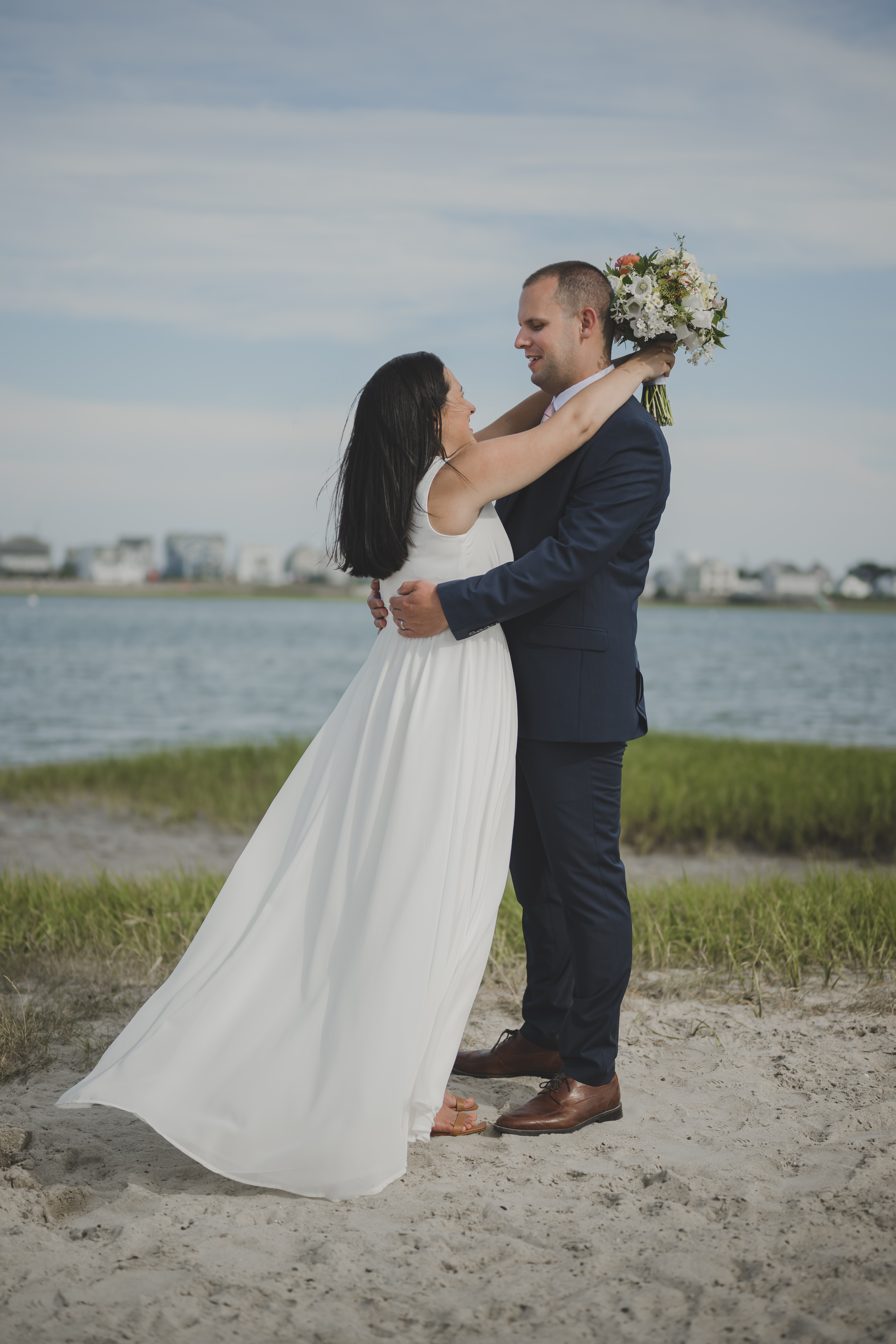
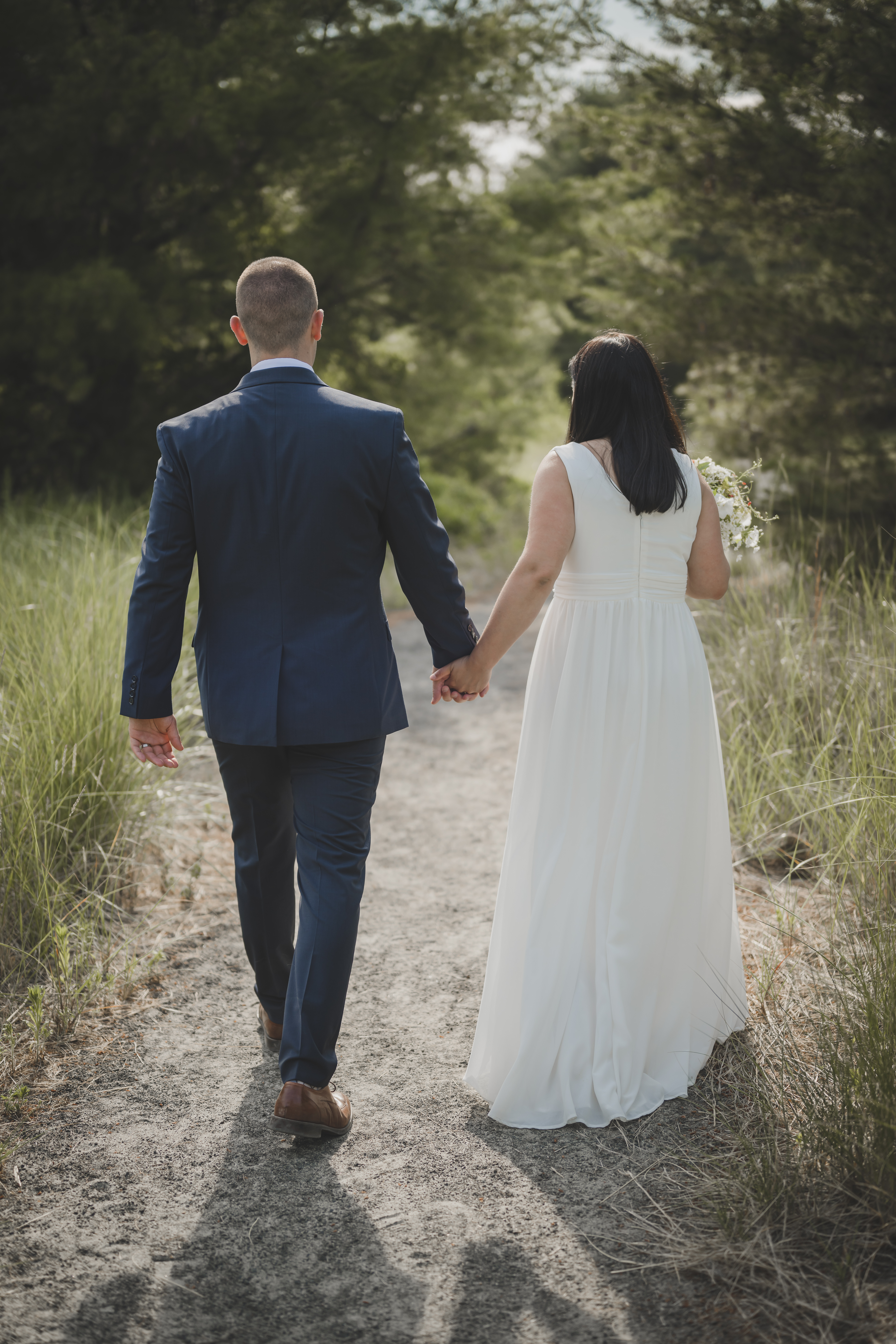
Wells Harbor, Wells, Maine
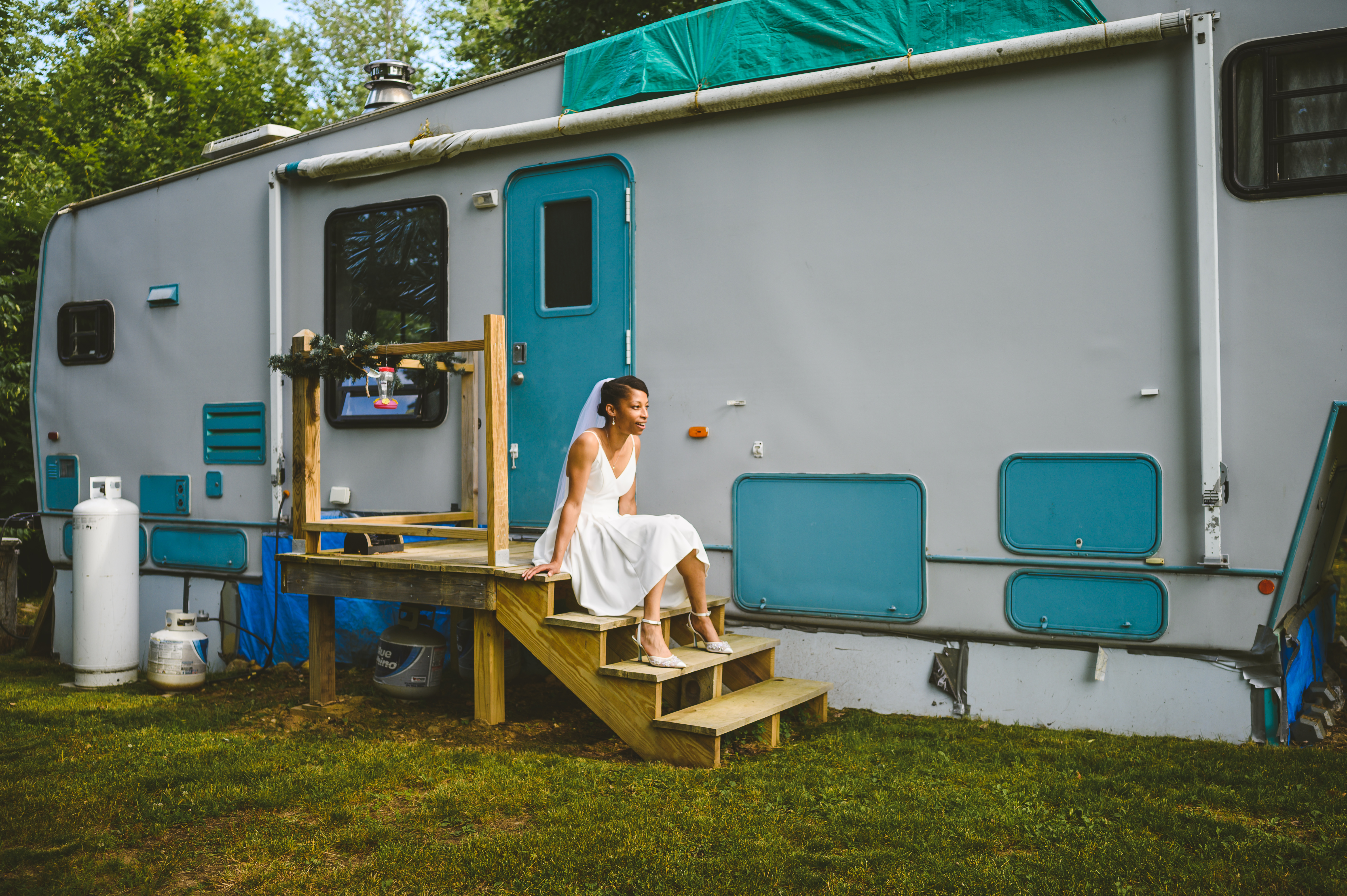
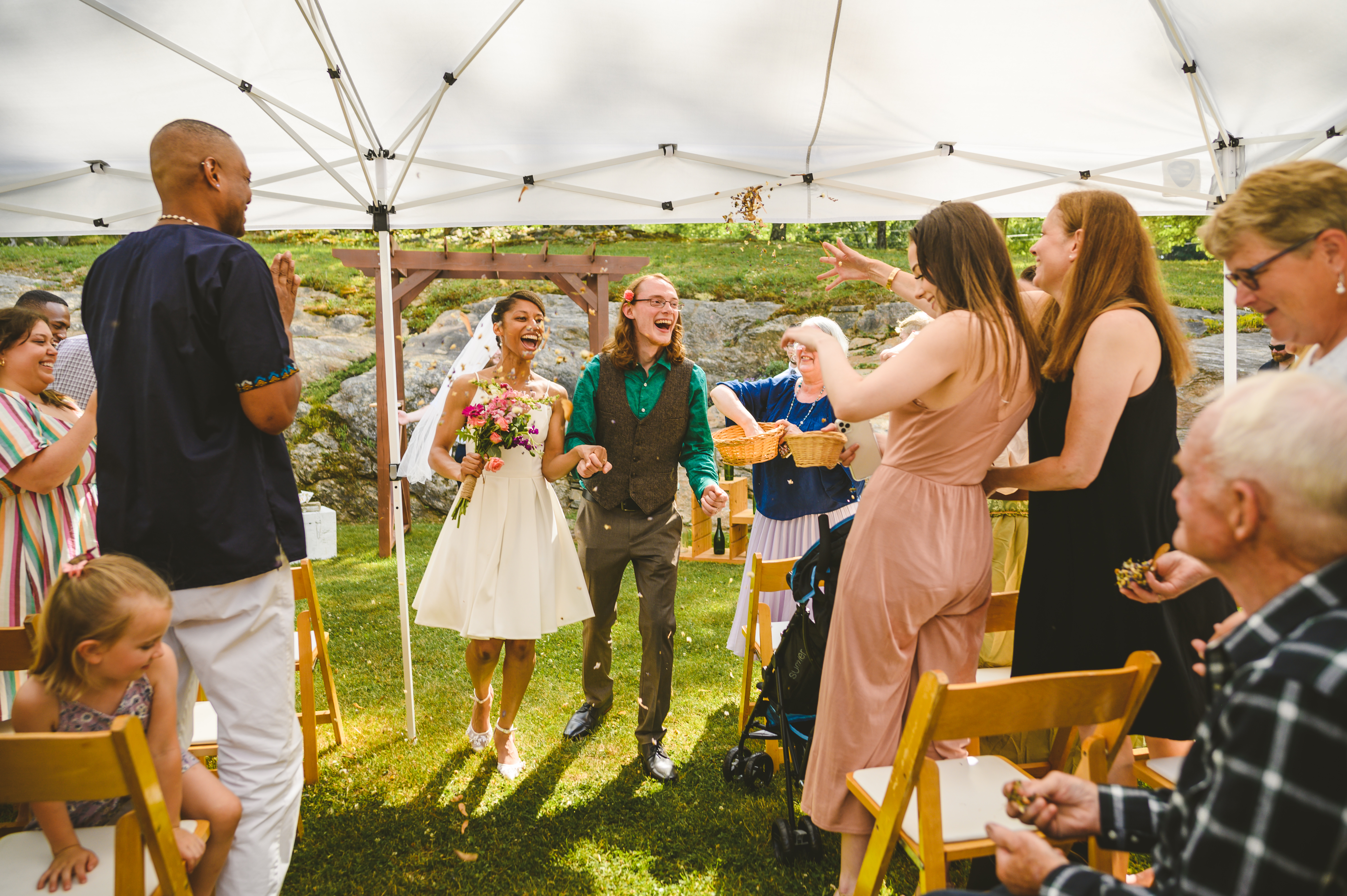
Alfred, Maine
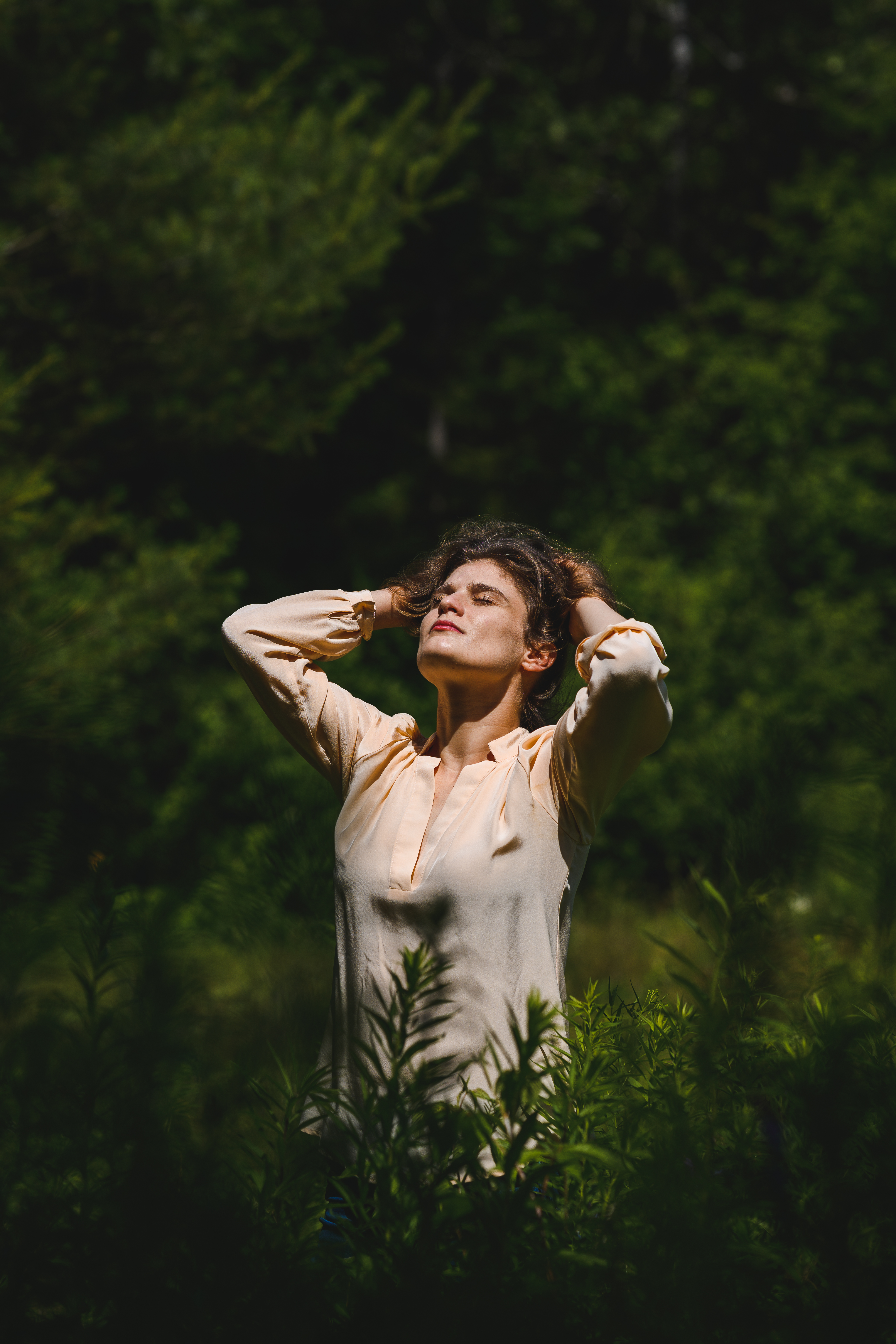
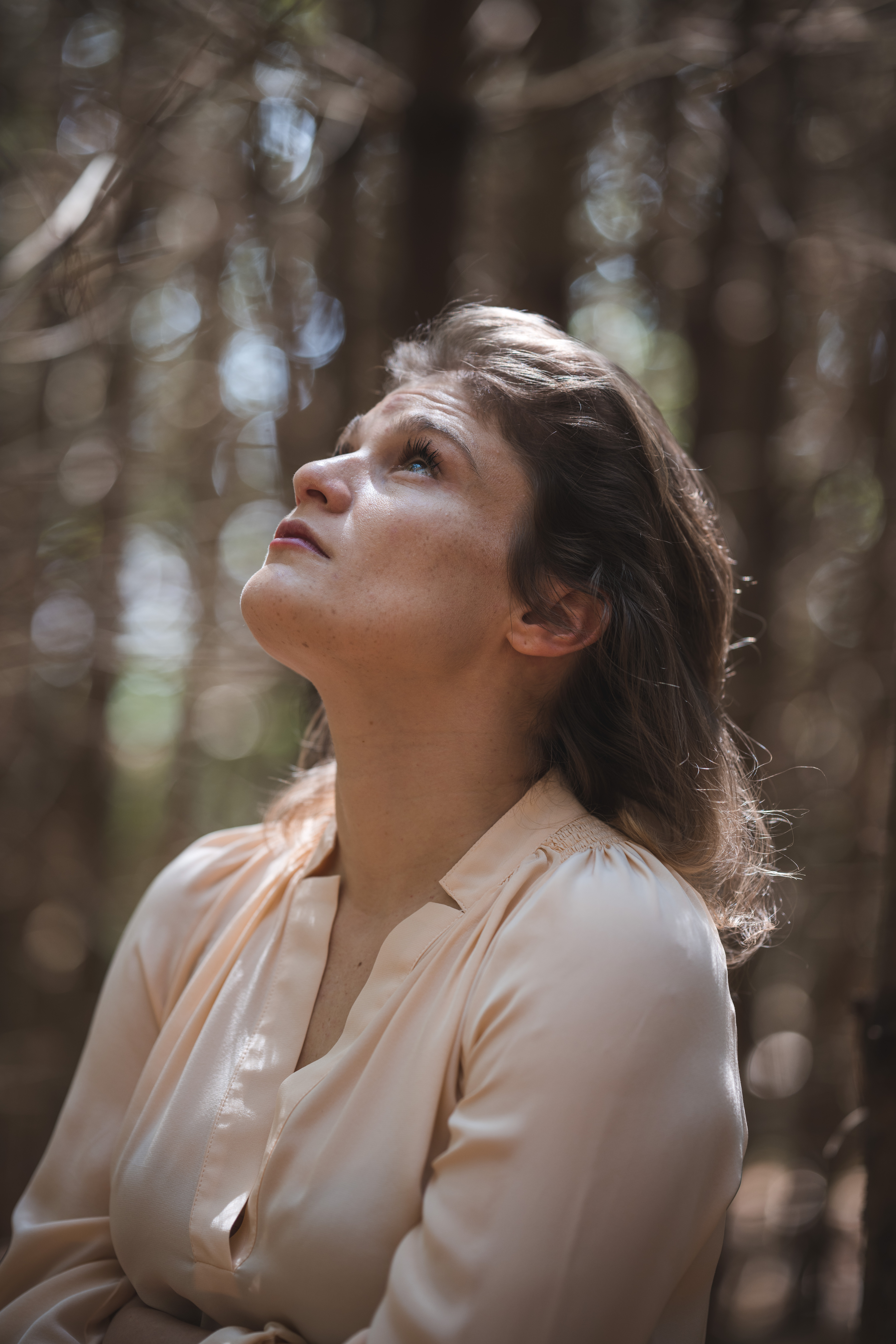
Hope Trail, Kennebunk, Maine